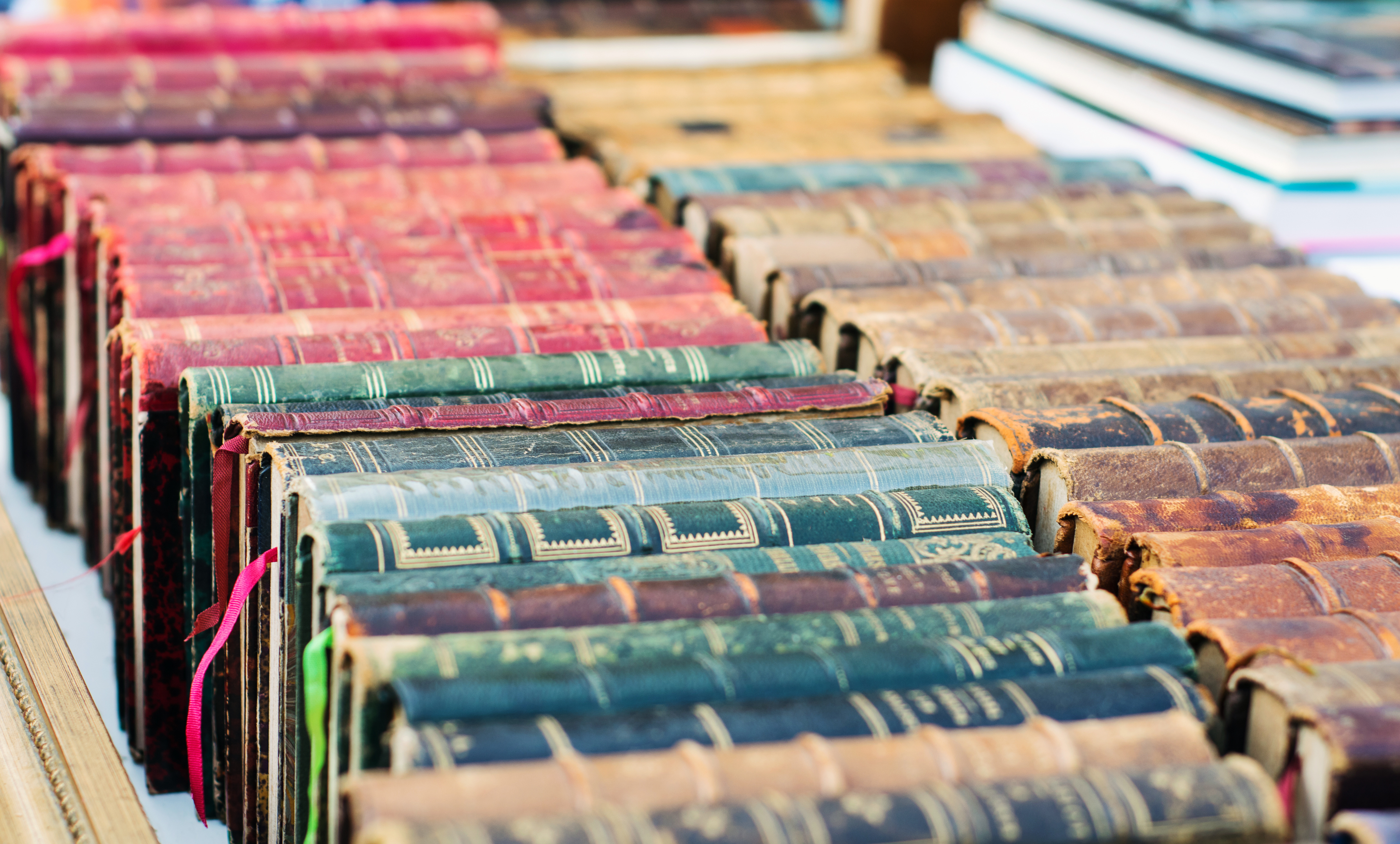
Rare Book Collecting Tips for The Rookie Collector

Rare Book Collecting Tips for The Rookie Collector
Introduction to Rare Book Collecting
The intriguing world of rare book collecting is an enriching and challenging endeavor. For beginners, it opens up a fascinating world filled with the allure of history, literature, and art. The joy of discovering a rare gem that has withstood the test of time, holding stories and secrets of the past, is immeasurable. However, collectors must also navigate the complexities of authenticity, condition, and provenance, making the pursuit as demanding as it is rewarding.
Collecting rare books is a journey that enriches personal libraries and connects literature enthusiasts.
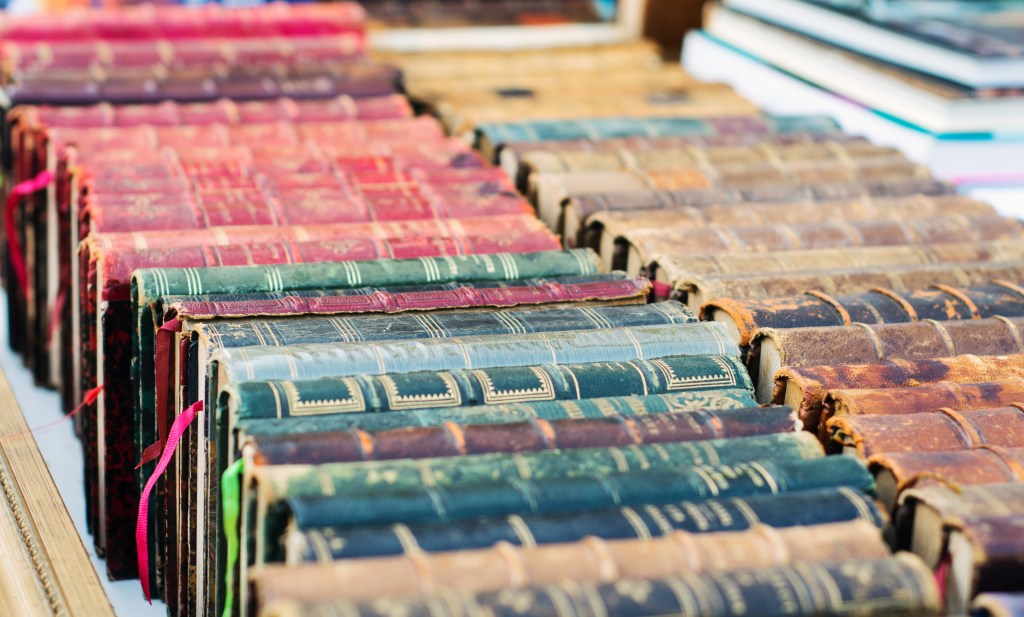
How to Identify Rare Books
When identifying rare books, several factors contribute to their rarity and value. The edition of a book holds great importance to collectors, particularly first edition books with limited print runs. However, it’s not always the case that a first edition is rare. To determine whether a book is rare or not, specific criteria must be met, and there is no standard set of criteria for identifying rarity; a publisher will have their guidelines on publishing. This can make it challenging for collectors to identify genuinely rare books. To figure out first editions, check the copyright page for phrases such as “first edition,” “first impression,” “first printing,” or “published.”
The rarity of a book can also be determined by various factors such as scarcity and historical significance. Scarcity refers to the limited number of copies available for print and distribution. This can be due to several reasons, such as the book being out of print, having a limited edition, or having a small print run. Collectors seek scarce books as they represent a unique find not readily available to the general public.
First prints of books can significantly increase their value, often reaching the thousands of dollars, especially when printed in limited quantities. Collectors prize these editions highly, representing the initial version of the author’s work presented to the public. Due to the historical importance, the author’s fame, or the book’s impact on culture and society, such collectible items are sought after for their rarity and potential investment value.
The importance of a book in a broader context can also contribute to its rarity. Books that have significantly impacted society, culture, or politics may be highly sought after by collectors and historians alike. For example, a first edition of a seminal scientific work or rare manuscripts written by a famous author can be considered a rare find that provides valuable insights into the past. The content of the book also plays a crucial role in its appeal. The most valuable books are those that have changed the course of history or have expanded human knowledge. Examples of such books include the Gutenberg Bible (1455), Isaac Newton’s Principia Mathematica (1687), and Charles Darwin on the Origin of Species (1859), which have been sold for thousand dollars.
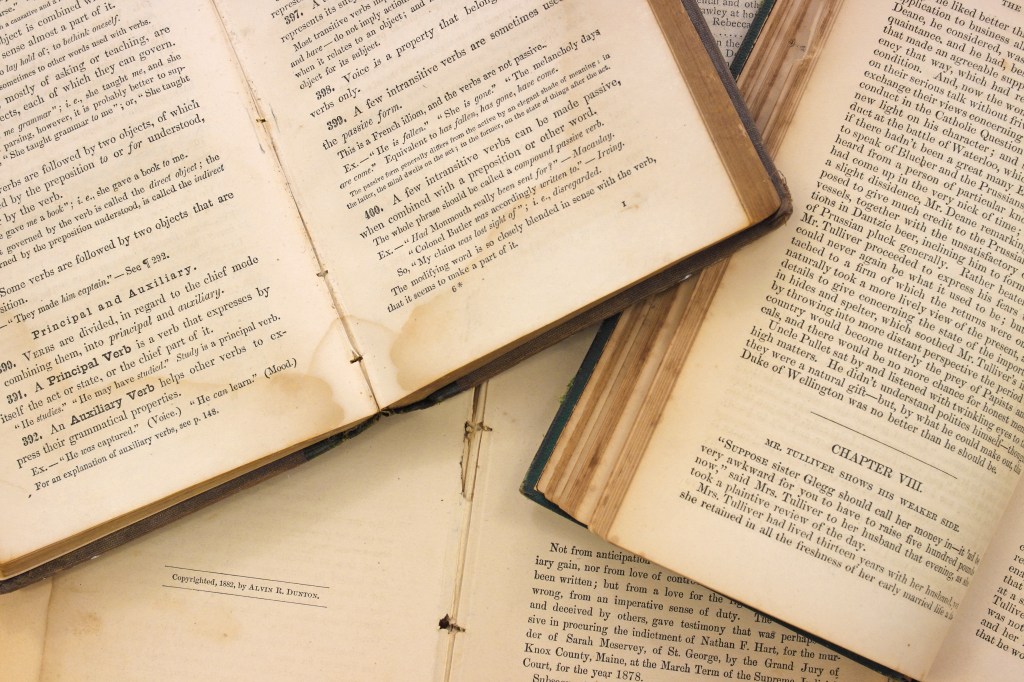
Steps to Start Your Rare Book Collection
Starting a collection of rare books can be an exciting and fulfilling venture for beginners, but it’s important to approach it with patience and a well-thought strategy. Setting a realistic budget ensures you don’t overspend on your newfound hobby. Begin your journey with modest expectations and explore various genres to discover what captivates your interest. Whether you are drawn to natural history or another niche, this focus will guide your collection in a meaningful direction.
To immerse yourself in the world of book collections, consider visiting libraries that feature a manuscripts department or private collections. Antiquarian book fairs and reputable book dealers can be fantastic resources for finding unique books. Attending an auction can also offer the opportunity to acquire rare finds. These events are beneficial for new collectors because they provide the perfect chance to connect not only with other book collectors but also with publishers. Moreover, a seasoned book collector can be an invaluable source of information and research.
There are several websites available that can be great resources for finding rare and antique books. One such website is Book Poi, which has thousands of titles and valuable tips for identifying rare copies of books ranging from children’s books to medical texts. Abe Books is another online retailer that provides useful information for identifying specific titles and determining if a book is rare or valuable. All you need to do is search for the title or author, and you can view photos and information about the rarest copies available.
Remember, collecting rare books is not just about the acquisition but also appreciating the history and stories behind each volume. With these steps, you’re well on your way to building a book collection that reflects your interests and stands the test of time.
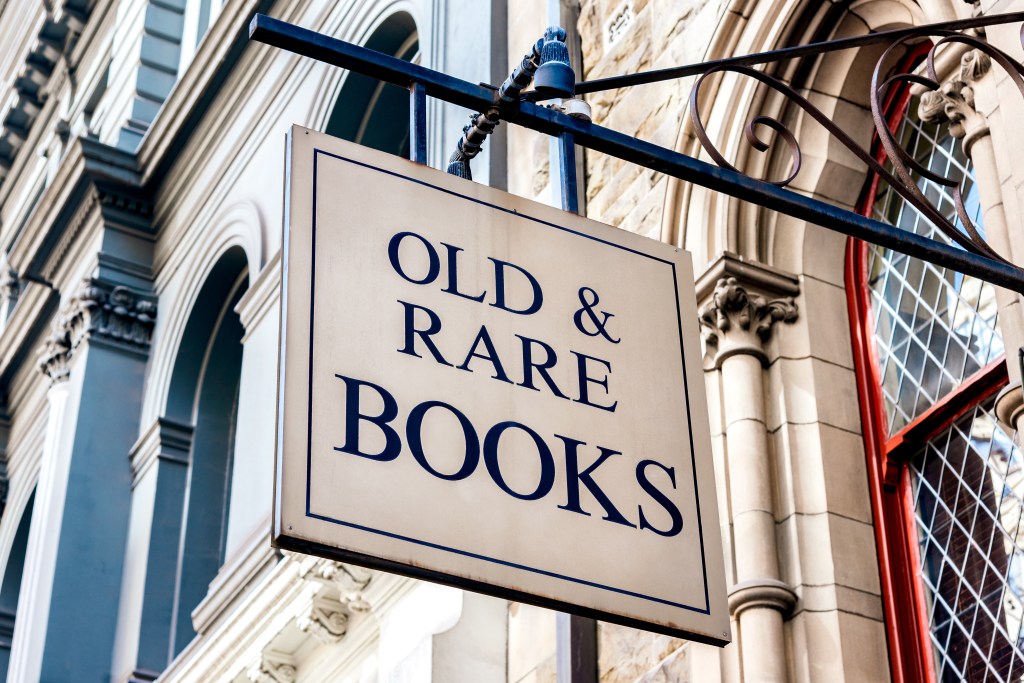
Caring for Your Rare Book Collection
Preserving your collectibles is crucial for maintaining their condition and value, protecting literary history and personal collections. Proper storage and handling are essential aspects of keeping these treasures. When storing rare books, it’s important to consider environmental factors such as temperature, humidity, and light. Books should be stored in a cool, dry environment, away from direct sunlight, heat sources, and dampness. The optimal range for storing books is between 60-68F, with relative humidity around 35%. High humidity can cause mold, while low humidity can lead to the pages drying out or cracking of binding.
Proper handling techniques are crucial for preserving your book collection. Clean hands are a must when handling books, as oils, sweat, and dirt can cause damage to the pages and bindings. While many believe wearing gloves is a good idea when handling rare books or other collectibles, experienced collectors often advise against it. This is because gloves can make it more difficult to handle delicate items with sufficient care and attention. While handling, it’s important to be gentle and avoid pulling on the spine, which can lead to damage over time.
When it comes to storing books on shelves, it’s important to support them upright with similar-sized books or lying flat to prevent warping of the spine. Books should be stored away from the edges of shelves to prevent warping of the spine. Books should be stored away from the edges of shelves to prevent damage from dust or accidental falls. Dusting books regularly with a soft, dry cloth can keep them in pristine condition.

Insuring Your Rare Book Collection
As a collector of rare books, insuring your collection is crucial to protect your valuable items. To ensure that you are adequately covered, it’s important to have an accurate appraisal of your collection’s worth by a professional appraiser experienced in assessing antique and rare items. Once you have an accurate appraisal of your collection’s worth, you can research insurance policies that cater to collectors of rare books.
When choosing an insurance policy, consider factors such as the type of coverage offered, limits on coverage, and premiums. Some policies may cover damage caused by environmental conditions such as humidity, temperature changes, or loss during transit. It’s important to compare policies from different insurers to ensure you get the best coverage for your rare books at the most reasonable cost.
It’s critical to review your insurance policy regularly and keep it up to date with any changes in your collection’s value. This will ensure that you’re always adequately covered and can avoid any unpleasant surprises in the event of a claim. With proper insurance coverage, you can enjoy your rare book collection with peace of mind, knowing it’s protected against unforeseen circumstances.
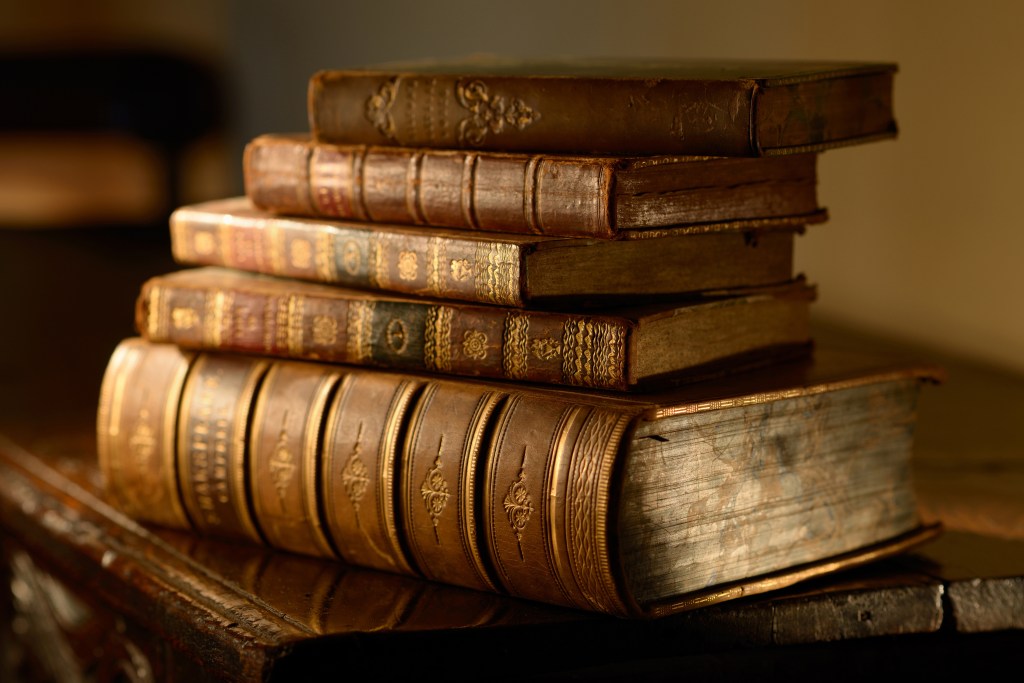
FAQ Section
What makes a book rare?
A book’s rarity can be influenced by several factors, including its age, scarcity, condition, and whether it has signatures or special features.
Where is the best place to find rare books?
Rare books can be found through reputable dealers, auctions, estate sales, and specialized book fairs.
How do I know if a rare book is a good investment?
Consider the book’s historical demand, its condition, and rarity. Consulting with experienced collectors and reputable dealers can also provide valuable insights.
What should I consider when insuring my rare books?
Ensure that the insurance coverage reflects the current market value, and understand the terms, especially concerning how damage or loss is handled.
Sources
https://shapero.com/blogs/bookshop-blog/rare-book-collecting-a-beginners-guide
https://www.baumanrarebooks.com/blog/how-to-begin-collecting-2/
https://blog.churchillbookcollector.com/uncategorized/beginners-guide-to-book-collecting/
https://www.thenationalnews.com/business/money/2024/01/04/how-investing-in-rare-books-can-give-your-portfolio-a-boost/
https://www.lovetoknow.com/home/antiques-collectibles/how-identify-rare-book
https://www.wsj.com/arts-culture/books/are-books-collector-guide-98ac3e4a
https://www.invaluable.com/blog/the-most-wanted-rare-books-finding-gold-in-the-pages/
About Collectibles Insurance Services
Collectibles Insurance Services has been protecting collections since 1966 and all coverage is provided by a carrier with a group rating of “A” (Excellent) by AM Best, the leading rating agency for the insurance industry.
Comprehensive coverage includes, but is not limited to: accidental breakage, burglary, fire, flood, loss in the mail, theft, natural disasters, and other causes of loss unless specifically excluded from the policy. Deductibles start at $0 for collector policies and we provide coverage for the market value of your collection for losses in excess of $50.
Additionally the protection extends At home and away, and we don't require collection itemization and serial number nor extensive paperwork and red tape.
